Migrafen Tablet 10's
MRP ₹112.5
(Inclusive of all Taxes)
₹16.9 Cashback (15%)
Provide Delivery Location
Online payment accepted
 Prescription drug
Prescription drugWhats That
Manufacturer/Marketer :
Consume Type :
Expires on or after :
Return Policy :
About Migrafen Tablet
Migrafen Tablet is a combination medicine indicated to treat and prevent migraine. Migrafen Tablet is used to relieve the symptoms at the first sign of a migraine attack and to prevent the worsening of the attack. Migraine is a neurological condition which is characterised by the intense pulsating, throbbing, pounding, debilitating headache which usually occurs on one side of the head; however, it can occur on both sides or shift.
Migrafen Tablet is a combination of four drugs, namely: Ergotamine (ergot alkaloid), caffeine (methylxanthine), prochlorperazine (anti-emetic) and paracetamol (analgesic). Ergotamine works by narrowing the blood vessels in the brain, and also affects the blood flow patterns associated with headache. Caffeine enhances the vasoconstrictive effect (narrowing of blood vessels). Prochlorperazine prevents nausea and vomiting associated with migraine by modifying the effects of neurotransmitters. Paracetamol blocks the release of prostaglandins that cause pain.
You are advised to take Migrafen Tablet for as long as your doctor has prescribed it for you depending on your medical condition. In some cases, you may experience certain common side-effects such as stomach upset, dizziness, dry mouth, constipation, and insomnia (trouble sleeping). Most of these side-effects do not require medical attention and will resolve gradually over time. However, you are advised to talk to your doctor if you experience these side-effects persistently.
Migrafen Tablet contains paracetamol, do not take other medicines containing paracetamol along with Migrafen Tablet unless prescribed. Do not take Migrafen Tablet if you are pregnant or breastfeeding. Migrafen Tablet may cause drowsiness and dizziness, so drive with caution. Migrafen Tablet should not be given to children as safety and efficacy have not been established. Avoid consuming alcohol with Migrafen Tablet as it could lead to increased drowsiness and dizziness. Keep your doctor informed about your health condition and medicines to rule out any side-effects/interactions.
Uses of Migrafen Tablet
Directions for Use
Key Benefits
Migrafen Tablet is a combination of four drugs, namely: Ergotamine, caffeine, prochlorperazine, and paracetamol. Migrafen Tablet is indicated to treat and prevent migraine. Ergotamine is an ergot alkaloid that works by narrowing the blood vessels in the brain and also affects the blood flow patterns associated with headache. Caffeine is a methylxanthine that enhances the vasoconstrictive effect (narrowing of blood vessels). Prochlorperazine is an anti-emetic that prevents nausea and vomiting associated with migraine by modifying the effects of neurotransmitters. Paracetamol is an analgesic that blocks the release of prostaglandins that cause pain. Migrafen Tablet is used to relieve the symptoms at the first sign of a migraine attack and to prevent the worsening of the attack.
Storage
Drug Warnings
Do not take Migrafen Tablet if you are allergic to any of its contents; if you have/had heart problems, blood circulation problems or if you are taking antibiotics, anti-fungal, anti-HIV or other anti-migraine medicines. Migrafen Tablet , when taken along with antibiotics, anti-fungal, anti-HIV drugs, could lead to unpleasant side-effects such as poor blood flow to hands, feet, or brain. Migrafen Tablet contains paracetamol, do not take other medicines containing paracetamol along with Migrafen Tablet unless prescribed. Inform your doctor before taking Migrafen Tablet if you have/had high blood pressure, heart problems, high cholesterol, diabetes, asthma, liver and kidney problems. Do not take Migrafen Tablet if you are pregnant or breastfeeding. Migrafen Tablet may cause drowsiness and dizziness, so drive only if you are alert. Migrafen Tablet is not recommended for children as safety and effectiveness have not been established. Avoid consuming alcohol with Migrafen Tablet as it could lead to increased drowsiness. Do not take any other NSAIDs for pain relief along with Migrafen Tablet unless prescribed.
Diet & Lifestyle Advise
- Maintain a healthy diet and exercise regularly as it helps in improving overall health and boosts self-esteem.
- Avoid bright lights, loud noise, and extreme temperatures.
- Perform meditation and yoga. This helps in relieving stress and provides relaxation.
- Follow a regular sleep pattern to improve the amount and quality of sleep you get.
- Massage your scalp to ease the pain.
- Lie down in a quiet, dark room.
- Avoid smoking, alcohol, and caffeinated drinks.
- Learn what triggers your migraine and try avoiding them.
- Stay hydrated. Drink plenty of fluids.
- Learn relaxation skills as they help in reducing stress.
Side Effects of Migrafen Tablet
- Stomach upset
- Dizziness
- Dry mouth
- Constipation
- Insomnia (trouble sleeping)
Habit Forming
Therapeutic Class
All Substitutes & Brand Comparisons
RX
Out of StockNot for online saleNeuromol Plus Tablet
₹28
(₹2.52 per unit)
75% CHEAPERRX
Nt Grain Tablet 10's
Intas Pharmaceuticals Ltd
₹53
(₹4.77 per unit)
52% CHEAPERRX
Out of StockLivigrain Tablet 10's
Lividus Pharmaceuticals Pvt Ltd
₹60
(₹5.4 per unit)
46% CHEAPER
Author Details
We provide you with authentic, trustworthy and relevant information
FAQs
Migrafen Tablet contains Ergotamine, caffeine, prochlorperazine, and paracetamol. Ergotamine works by narrowing the blood vessels in the brain and also affects the blood flow patterns associated with headaches. Caffeine enhances the vasoconstrictive effect (narrowing of blood vessels). Prochlorperazine prevents nausea and vomiting associated with migraine by modifying the effects of neurotransmitters. Paracetamol blocks the release of prostaglandins that cause pain.
Dry mouth could be a side-effect of Migrafen Tablet . Limiting caffeine intake, avoiding smoking and mouthwashes containing alcohol, drinking water regularly and chewing sugar-free gum/candy might help in stimulating saliva and thereby prevents drying of the mouth.
Orthostatic hypotension could be a side-effect of Migrafen Tablet . Orthostatic hypotension is a sudden lowering in blood pressure leading to dizziness on standing. If you experience this, do not try to stand up suddenly or start walking, instead, lie down and get up slowly only when you feel better.
Do not discontinue Migrafen Tablet without consulting your doctor as it could lead to recurring or worsening of symptoms. To treat your condition effectually, continue taking Migrafen Tablet for as long as prescribed. Do not be reluctant to speak with your doctor if you feel any difficulty while taking Migrafen Tablet .
Do not take Migrafen Tablet along with antibiotics (clarithromycin, erythromycin, troleandomycin), anti-fungal (itraconazole, ketoconazole) and anti-HIV medicines (indinavir, nelfinavir, ritonavir). Migrafen Tablet contains ergotamine and caffeine, which, when taken along with these drugs, could lead to unpleasant side-effects such as poor blood flow to hands, feet, or brain.
Migrafen Tablet may cause constipation. Eat high-fibre foods and drink plenty of fluids if you experience constipation. Talk to your doctor if the condition persists or worsens.
Drug-Drug Interactions Checker List
- CLARITHROMYCIN
- ERYTHROMYCIN
- TROLEANDOMYCIN
- ITRACONAZOLE
- KETOCONAZOLE
- INDINAVIR
- NELFINAVIR
- RITONAVIR
- OXYMETAZOLINE
- ACETAMINOPHEN
- FENTANYL
- BUTALBITAL
- FLUOXETINE
- DULOXETINE
- DIAZEPAM
- LORAZEPAM
- ALPRAZOLAM
- RANITIDINE
- DIPHENHYDRAMINE
- PREGABALIN
- METOPROLOL
- ALBUTEROL
- ONDANSETRON
Disease/Condition Glossary
Migraine: Migraine is a neurological condition which is characterised by an intense, debilitating headache. Hormonal changes, stress, lack or excess of sleep, bright lights, loud sounds, certain foods and drinks can trigger migraine headaches. Migraine headache is preceded by warning symptoms one or two days prior to the headache itself. The warning symptoms include food cravings, depression, fatigue, hyperactivity, irritability, and neck stiffness. Symptoms of migraine include throbbing pain in one area with varying intensity, nausea, vomiting, numbness or tingling sensation, difficulty speaking, and sensitivity to sound and light.

Have a query?
Alcohol
Safe if prescribed
Avoid consumption of alcohol while taking Migrafen Tablet as it may cause increased drowsiness.
Pregnancy
Consult your doctor
Avoid taking Migrafen Tablet if you are pregnant or planning for pregnancy. Please consult your doctor if you are pregnant or if you have any concerns regarding this.
Breast Feeding
Consult your doctor
Migrafen Tablet may pass into breastmilk. Avoid taking Migrafen Tablet if you are breastfeeding.
Driving
Safe if prescribed
Migrafen Tablet may cause dizziness and drowsiness. Do not drive or operate machinery unless you are alert.
Liver
Consult your doctor
Dose adjustment may be needed in patients with liver impairment. Please consult your doctor if you have a liver impairment or any concerns regarding this.
Kidney
Consult your doctor
Dose adjustment may be needed in patients with kidney impairment. Please consult your doctor if you have kidney impairment or any concerns regarding this.
Children
Safe if prescribed
Migrafen Tablet should not be given to children as the safety and effectiveness were not established.

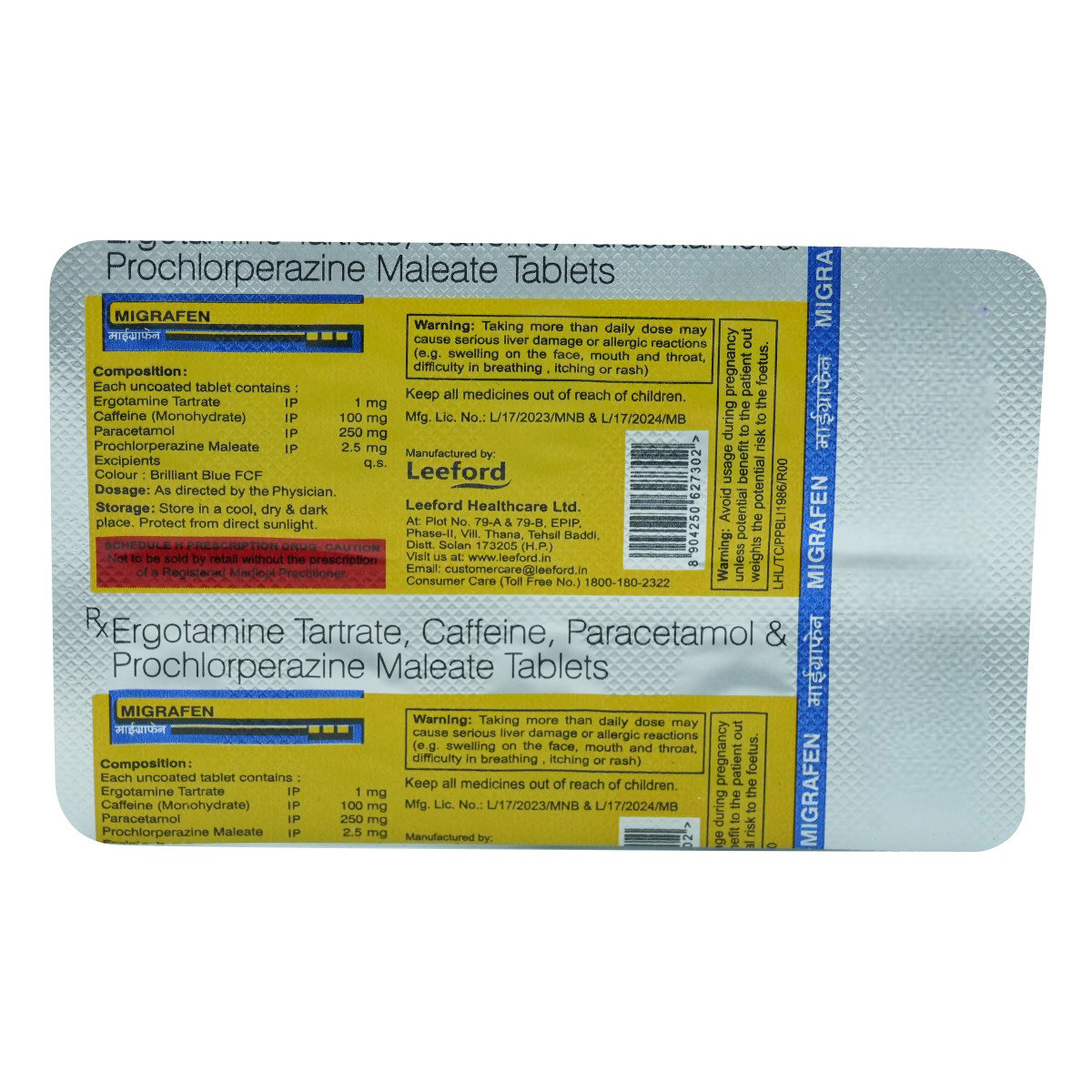
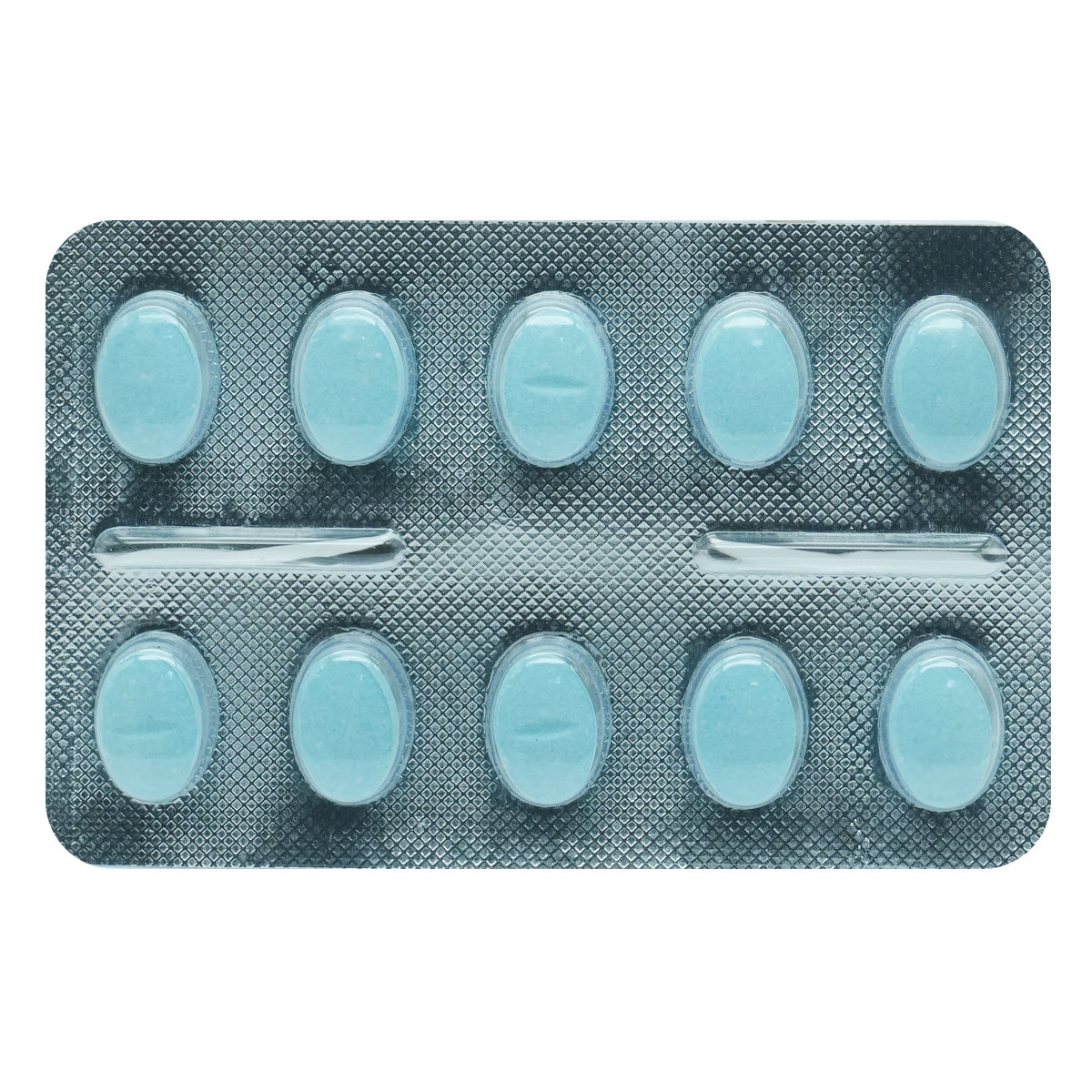
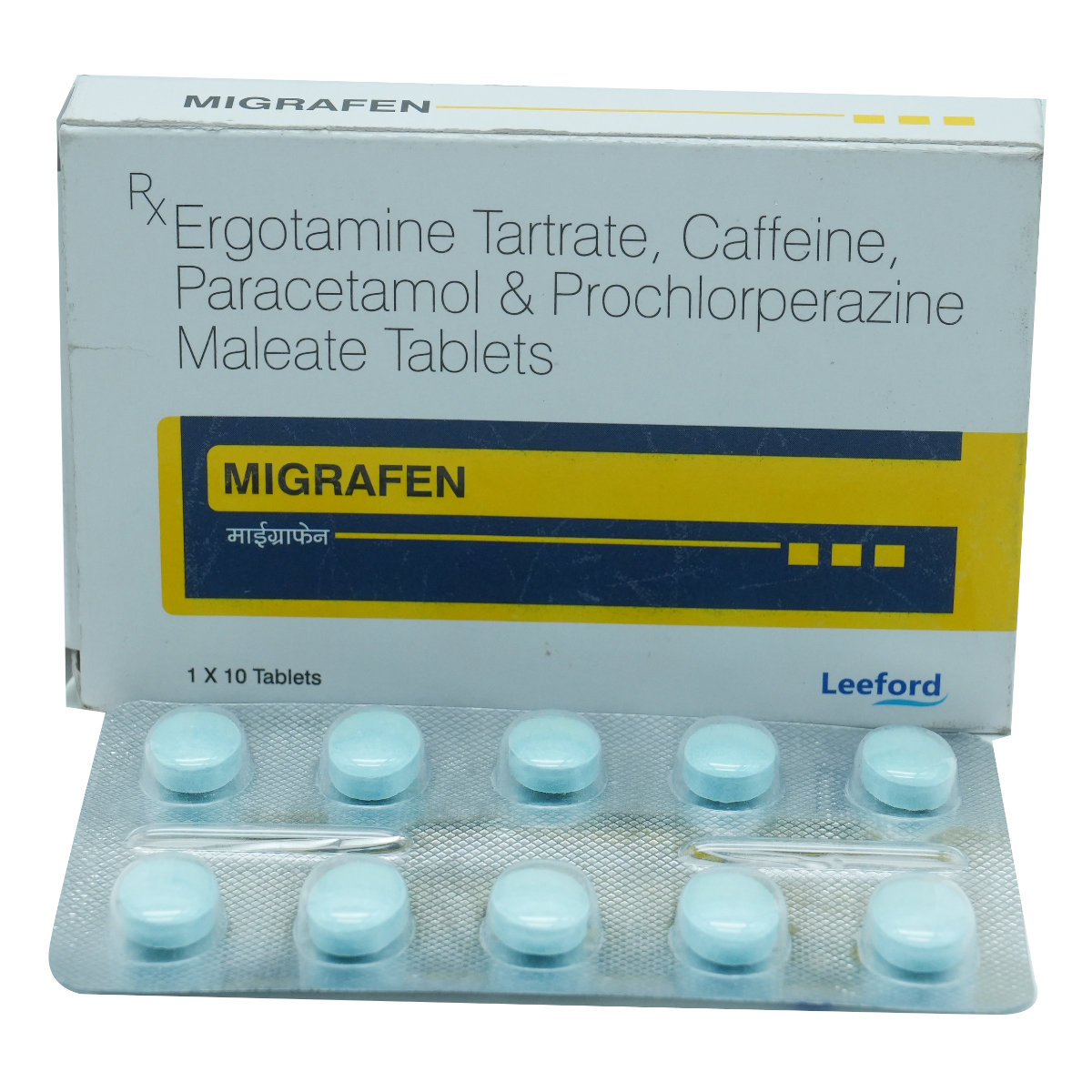
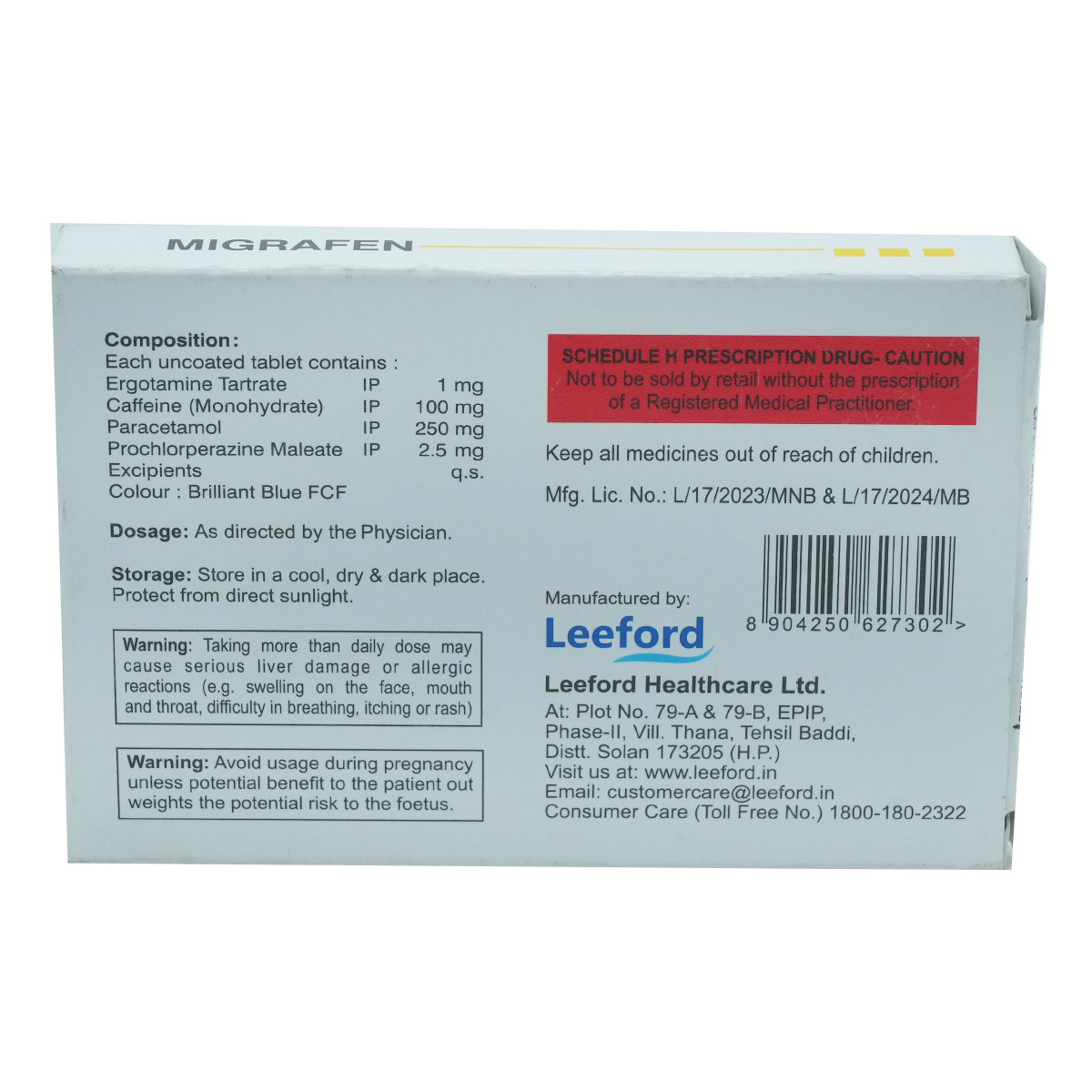
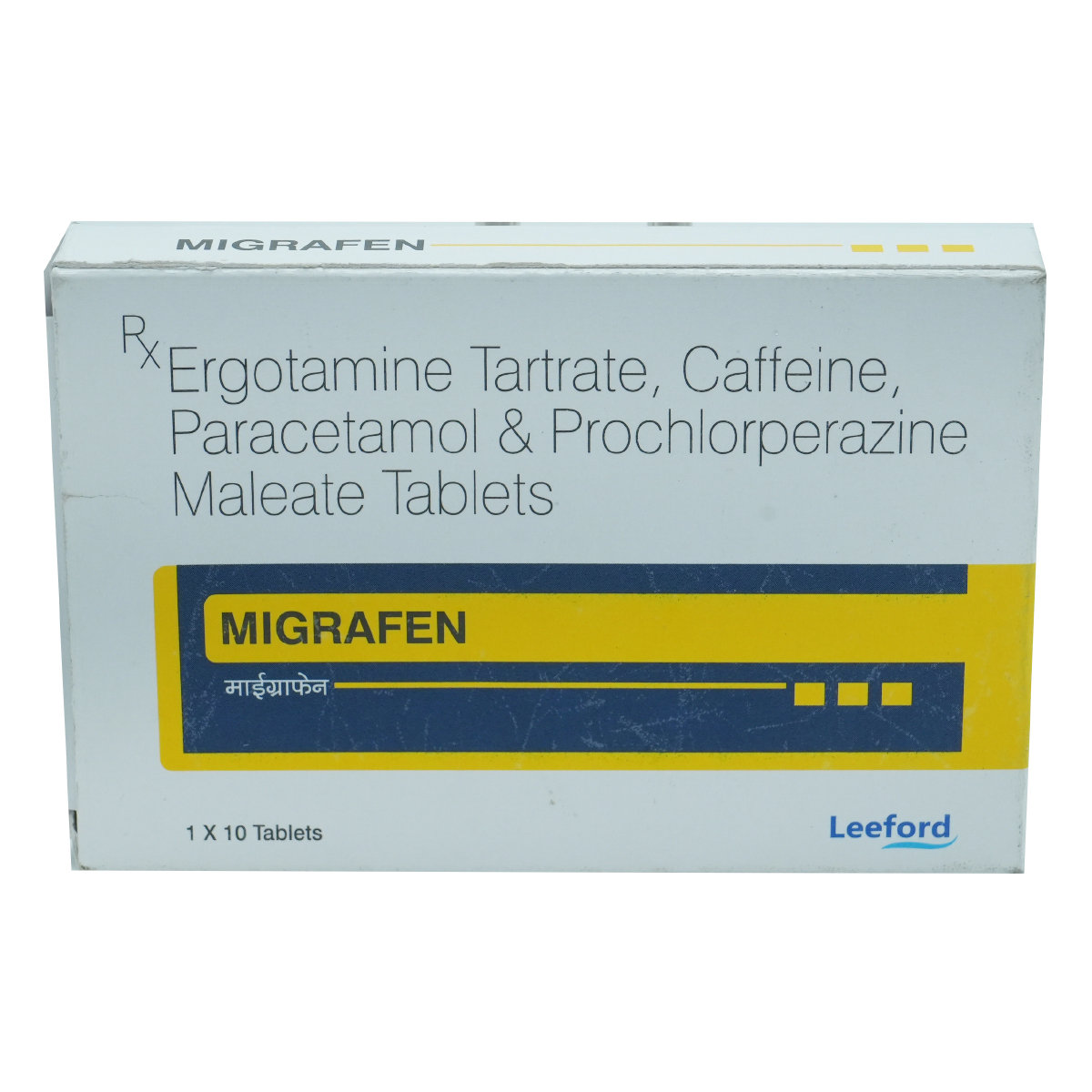










_0.jpg?tr=q-85)

